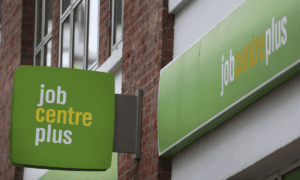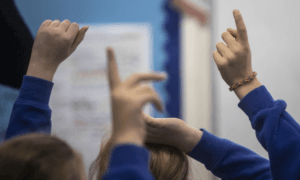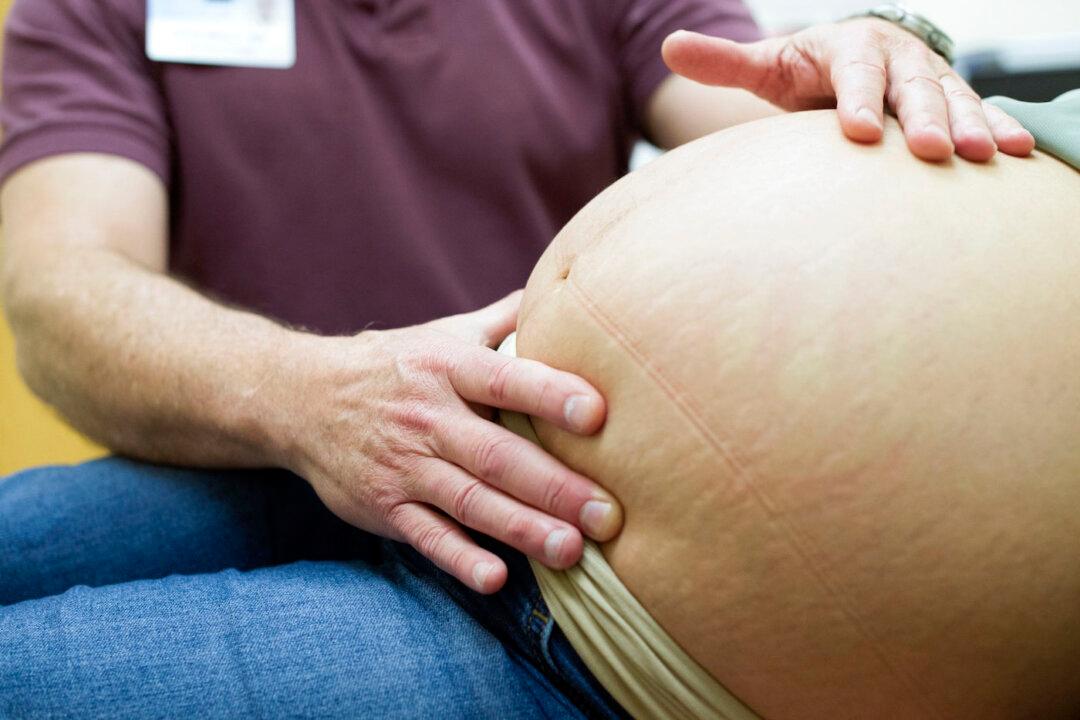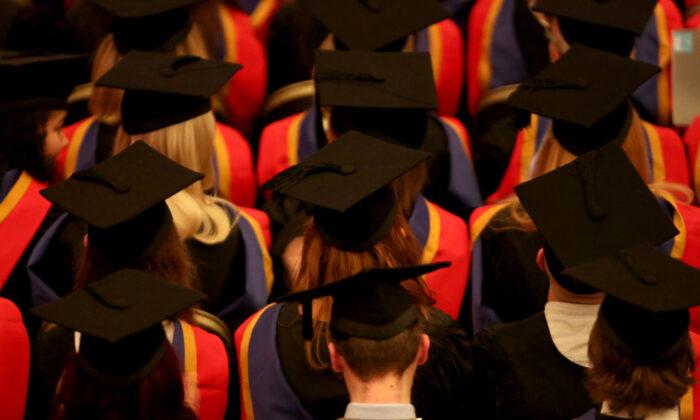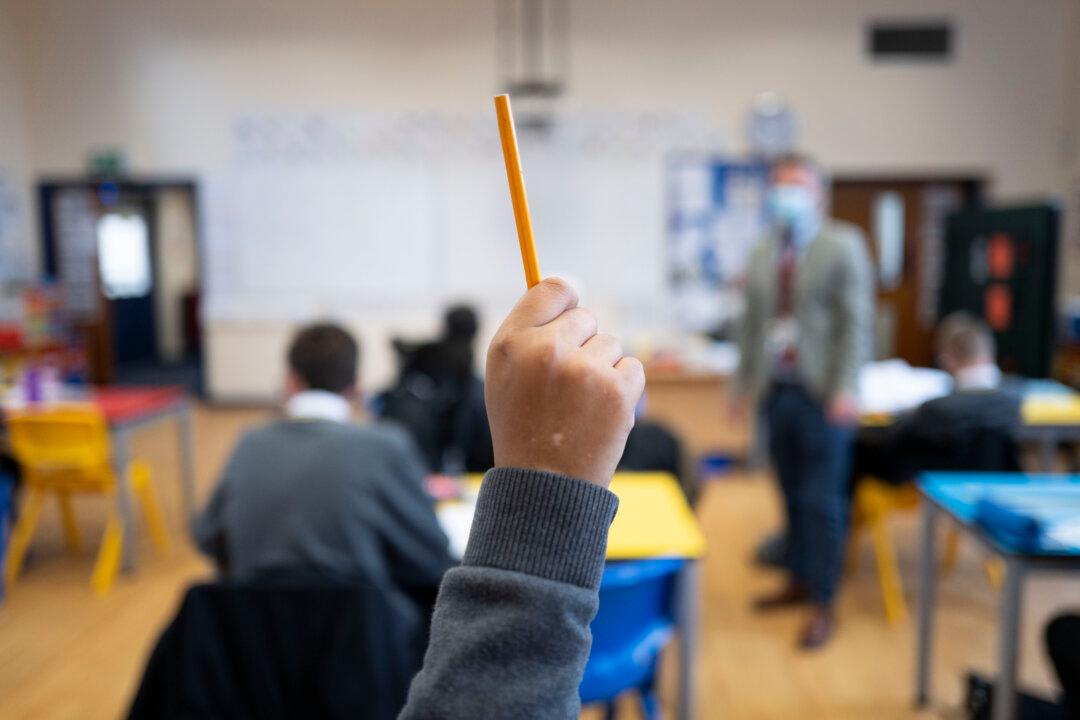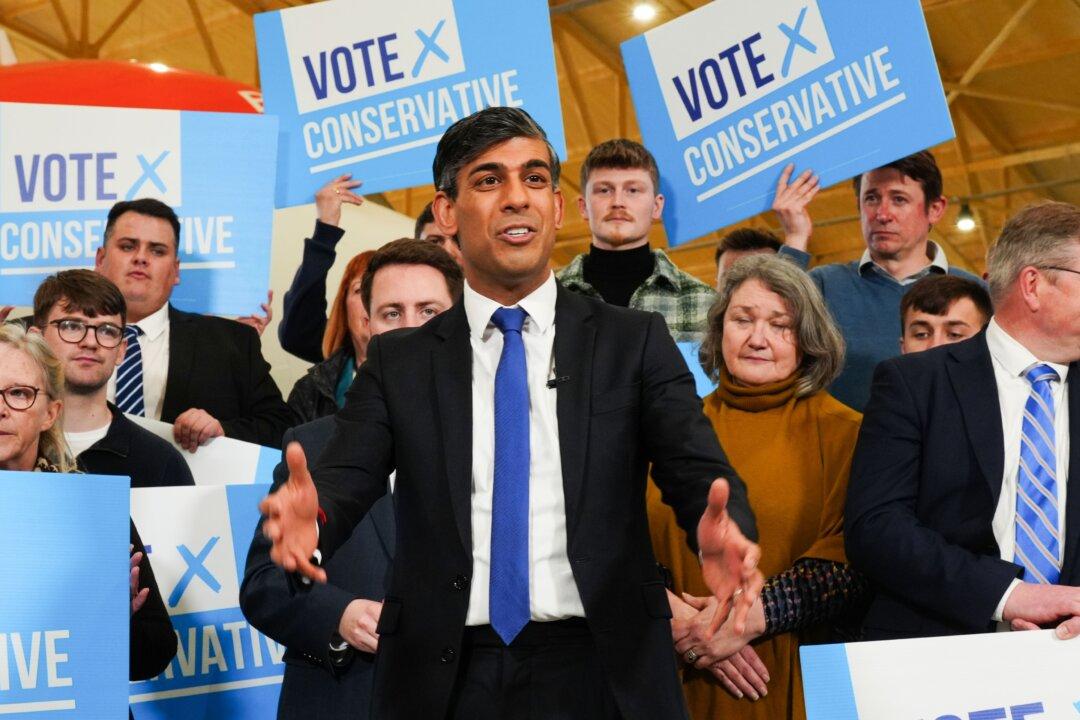Child poverty is “directly and strongly correlated” with the percentage of children within a constituency affected by the two-child limit on claiming Universal Credit, analysis shows.
Researchers from Loughborough University’s Centre for Research in Social Policy, which produced the analysis for the End Child Poverty Coalition, said the correlation provided “further evidence” that the cap was a “key driver” of child poverty.
“Reducing child poverty in local areas will rely not only on targeted action within these communities, but will require changes at a national level such as removing the two-child limit and increasing the value of working age benefits.”
Mark Russell, CEO of The Children’s Society called on politicians to take action on the policy, saying in a statement, “The first steps the next government should take is scrapping the two child limit and the benefits cap – these together have had a catastrophic effect, pushing many more families into deep poverty.”
The End Child Poverty Coalition said scrapping the limit would raise 300,000 children out of poverty, “while reducing the depth of poverty for a further 800,000 children, at a cost of just £1.8 billion.”
1 in 4 Children Living in Poverty in Two-Thirds of Constituencies
The findings are part of a Loughborough University study on child poverty published on Thursday, which revealed that at least one in four children are living in poverty in 66.2 percent of parliamentary constituencies.The analysis used the new constituency boundaries for the general election and showed levels were highest in the northwest of England, which had 90.4 percent of constituencies with at least 25 percent of children in poverty. This was closely followed by the West Midlands (89.5 percent), the northeast (88.9 percent), and Wales (84.4 percent).
Constituency-level poverty was lowest in Northern Ireland (22.2 percent) and the east of England (31.1 percent). The southeast of England saw 44.0 percent of constituencies have one-quarter of children living in poverty, with Scotland experiencing the pattern in just over half (54.4 percent) of its parliamentary seats.
The End Child Poverty Coalition said the findings show the next government must create a roadmap for ending child poverty.
Mr. Russell said: “These figures show the scale of child poverty across the country, which is deeply damaging the lives and futures of a generation of children. The UK is one of the richest countries in the world and it is a scandal that over 4 million children are living in poverty.”
Labour Would Not Lift Cap
In 2019, the Commons Work and Pensions Committee recommended that the two-child limit should be lifted, “with a return to providing support for all children through the benefits system.”The committee noted that this affected families who had had unplanned third pregnancies and called the government’s distinction between working families and those on benefits as “crude and unrealistic,” noting that “anyone working today could lose their job, fall ill, be disabled, or be bereaved tomorrow.”
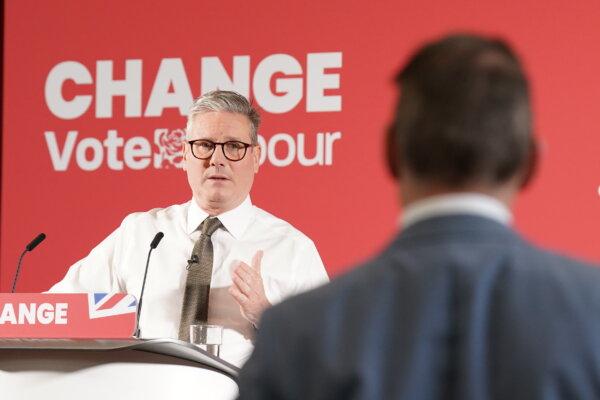
Asked if he would scrap it, Sir Keir responded: “In an ideal world, of course. But we haven’t got the resources to do it.”
Sir Keir referenced the last Labour government’s anti child poverty strategy, saying, “We will do the same thing and have a child poverty strategy.”
The Epoch Times contacted the Labour Party and the Conservative Party for comment.


